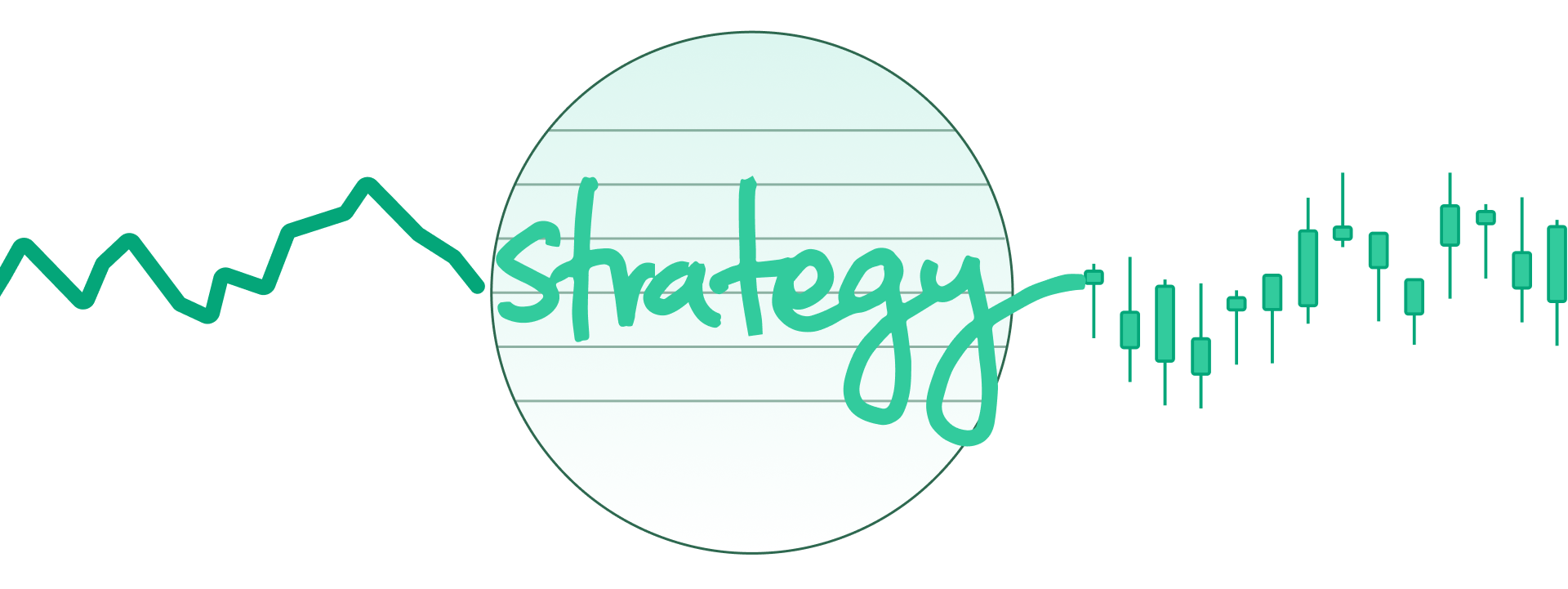Common trading mistakes
Let’s start by getting this out of the way. Everybody makes mistakes. There’s no such thing as perfection, especially in trading, where even professional traders experience the occasional misstep. But, by being aware of the most common mistakes, you can hopefully learn from them and avoid making the same ones yourself.
Failing to prepare
You may hear stories of great trading successes that make it all look effortless. But, if you haven’t realized by now, trading is far from easy. To be successful, you must be adequately prepared. Learn everything you can from the abundance of educational material available, and make sure you understand not only the markets, but the risks involved and how to manage them. Build a strategy that matches your trading style and test it in a risk-free practice environment before taking it live.
Not having a plan

Building a strategy that is tailored to your individual needs as a trader is of paramount importance if you want to be successful. More important still is that you follow that plan, regardless of events that may try to test your resolve. Remember, a trading strategy tells you what to do, when, why and how. It helps take emotion out of your decision making, acting as a blueprint for trading the markets.
Not keeping a record
Trading is a process. You make mistakes and you learn from them. But how can you develop your skills if you don’t keep a record of all your trades? If something goes wrong, how can you know to avoid it next time? And if something goes right, how can you repeat it? Keeping a record, often referred to as a trading log, diary or journal, is essential for any trader looking to succeed. Doing so, allows you to look back on your experiences, learning from them and helping you grow as a trader.
Failing to cut losses

It is inevitable that, at some point, every trader will come face-to-face with a loss. Not every trade can be a winning one, and that’s ok. What isn’t ok is being unwilling or unable to cut your losses. Sometimes you just need to accept that things aren’t going your way. And rather than holding out hope for a reversal that may never come, it’s best to accept defeat and move on. Remember, there’s the possibility you could balance out the loss with profits from a different trade.
Letting emotions take over
We’ve already covered the effect emotions can have on your trading, as well as how to manage them. It can’t be overstated, however, how vital it is that you trade with a clear mind. Allowing your emotions to dictate your trading can lead to poor and often illogical decision-making. This can sometimes be seen in traders who’ve been recently stung by a loss and are looking to recuperate money fast. They may end up placing much riskier trades fueled by their emotions, which often doesn’t end well.
